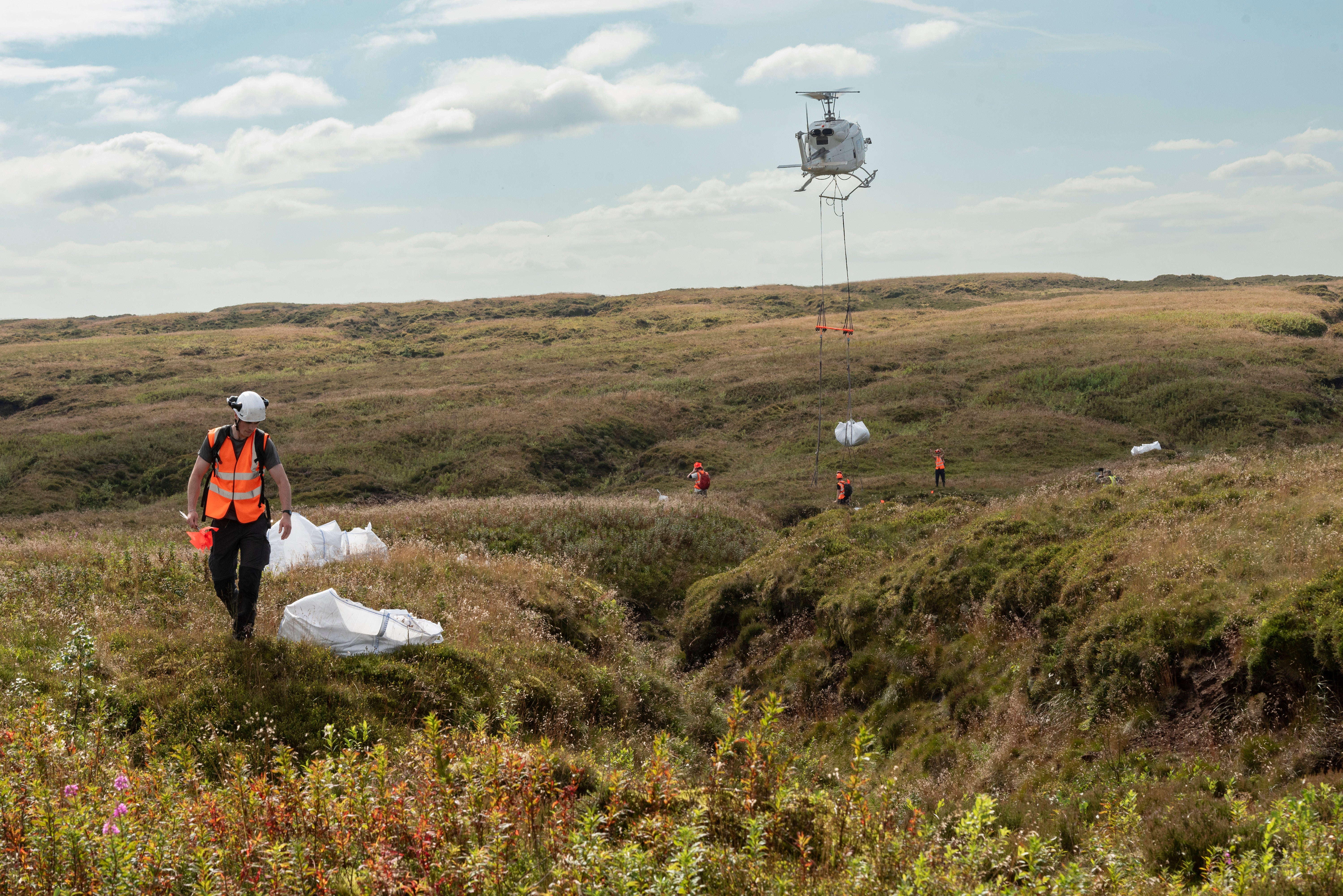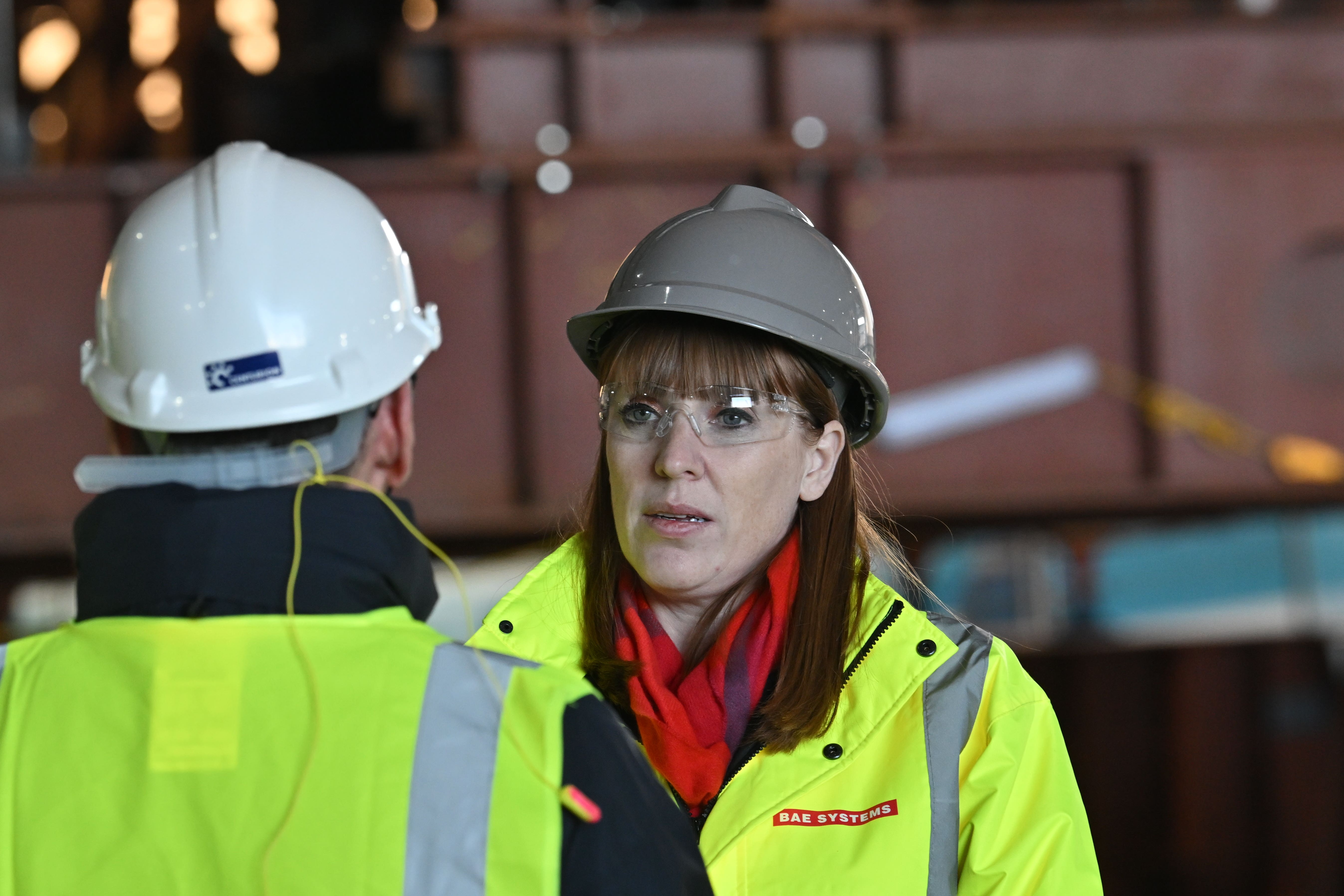
The head of the National Trust says she received death threats over a report in which the organisation acknowledged its links to slavery.
In 2020, the National Trust – which, as Europe’s largest conservation charity, looks after more than 500 historic properties in the UK – published a report revealing that more than 90 of its properties had links to slavery and colonialism.
The report sparked a culture wars firestorm, with multiple Tory MPs accusing the trust of following a “woke agenda” and demanding that the culture secretary review its funding. Some people threatened to cancel their memberships in anger.
In a new interview done as the trust launches a new 10-year strategy to mark its 130th anniversary, the organisation’s director general Hilary McGrady spoke about death threats she received in relation to the report.
“I’m from Northern Ireland so most of the time I have perspective, I think, ‘Seriously you’re getting so worked up about this stuff you think this warrants a death threat?’ It’s completely bizarre,” Ms McGrady told The Times.
Ms McGrady added: “Some [critics] were saying we shouldn’t say anything about colonial relationships we’ve had in the past. But others said, ‘You’re not doing enough on this, you should be saying more.’”
While the trust has been no stranger to controversy over the decades, Ms McGrady – who has worked there for 19 years, including seven at its helm – warned that the latest response to the report carried a different edge, despite YouGov’s latest polling suggesting it is among the UK’s 20 most-loved charities.
“Everyone’s within their rights to have their own view about us, but the tone of this debate has felt quite personal to some degree,” she said, adding: “The culture wars we’re trying to grapple with are never something I supported or tried to attract.

“Often it’s felt as if [attacks] have been used as a mechanism to push other agendas and we’re caught in the middle.”
The trust has reportedly since lent advice to other widely-beloved UK institutions dragged into the culture wars, such as the RNLI, which has faced attacks from Nigel Farage and others accusing it of being a “taxi service for illegal trafficking gangs” for efforts to rescue asylum-seekers at sea.
In its 10-year strategy, the National Trust says it will ramp up its efforts to “address the new national need: the climate and nature crises”.
Following a 70,000-strong public consultation, the charity’s largest ever, the trust is now vowing to create 250,000 hectares of nature-rich landscapes – an area 1.5 times the size of Greater London – both on existing National Trust sites and elsewhere in the UK.
That includes restoring vital peatlands, which store more carbon than the forests of Britain, France and Germany combined, reducing flood risks for thousands of homes and businesses, and improving the health of enough soil to provide a habitat for one billion earthworms – enough to circle the Earth twice.
The trust is also promising to support 100 towns and cities to transform and grow their green spaces, while developing a new partnership with mental health charity Mind to help improve access to nature.
“People are really conscious the nature they have been familiar with is disappearing and, in the context of climate change, isn’t going to be around for future generations,” Ms McGrady said.

This new commitment, however, comes as the new Labour government seeks to urgently build 1.5 million new homes to address the housing crisis currently blighting the UK.
Ms McGrady told The Times: “We recognise the need for people to have homes to live in, but what we would also be saying is people also need access to green space, so if we’re building houses we should be doing that sustainably in places that are appropriate, where people have access to the sort of environment that allows them to thrive.
“So we’ve been working pretty closely with the [housing] department to get those points across. They’re sympathetic, but they clearly have an agenda, so we’ll keep the pressure on to say we need balance.”







